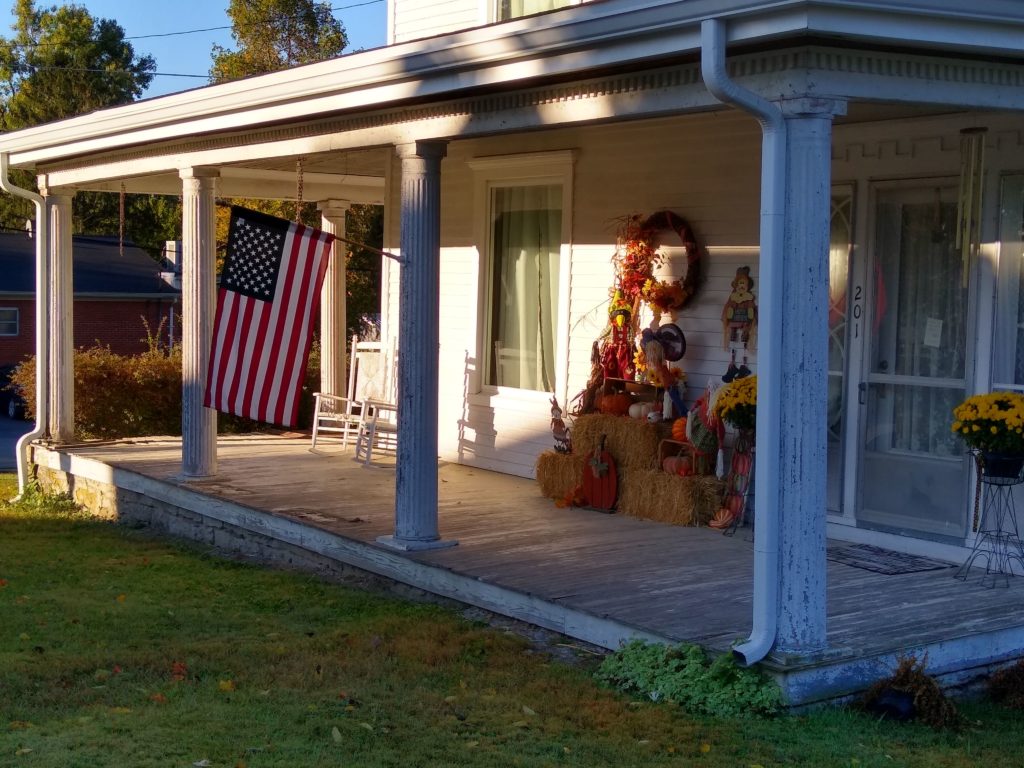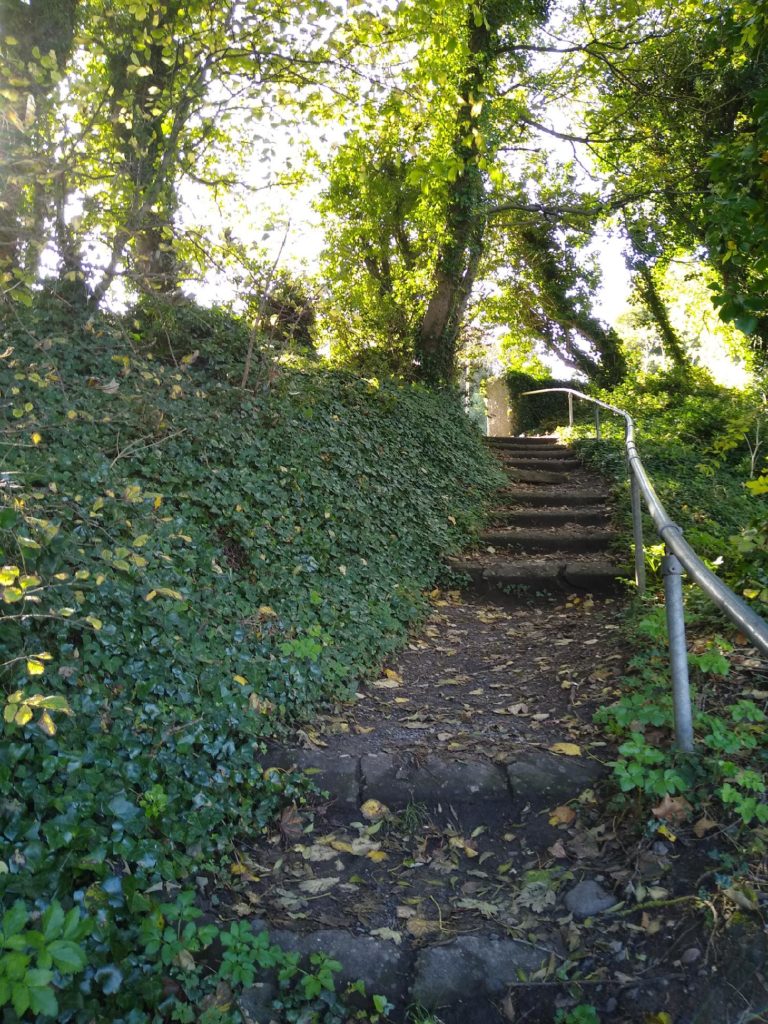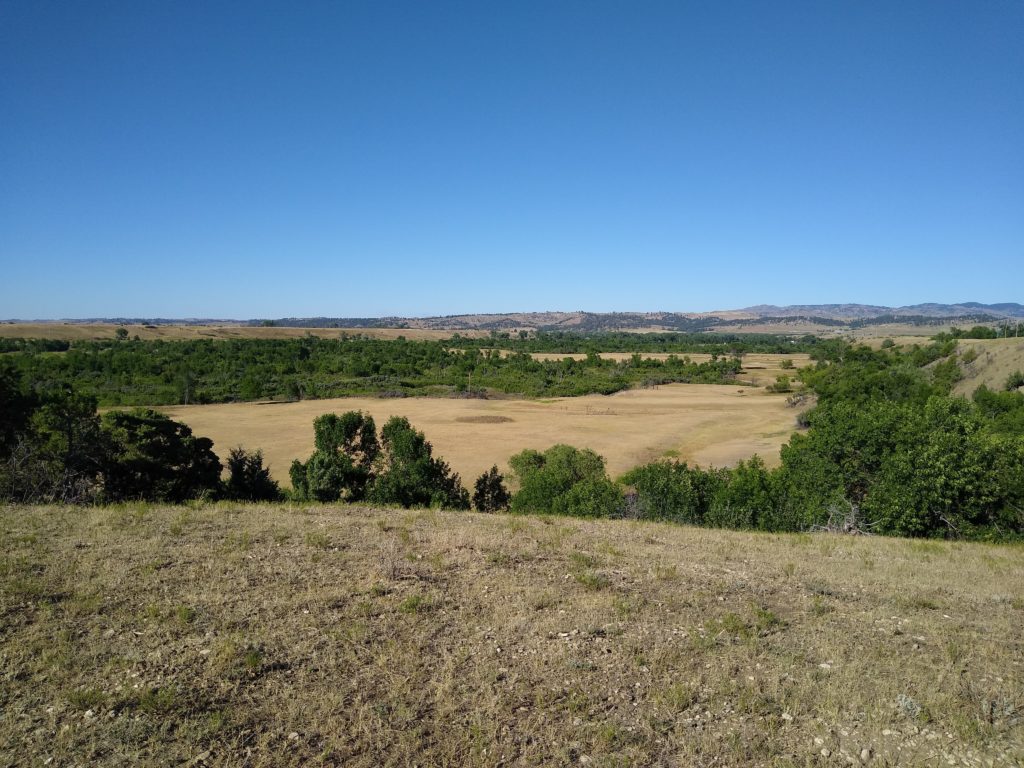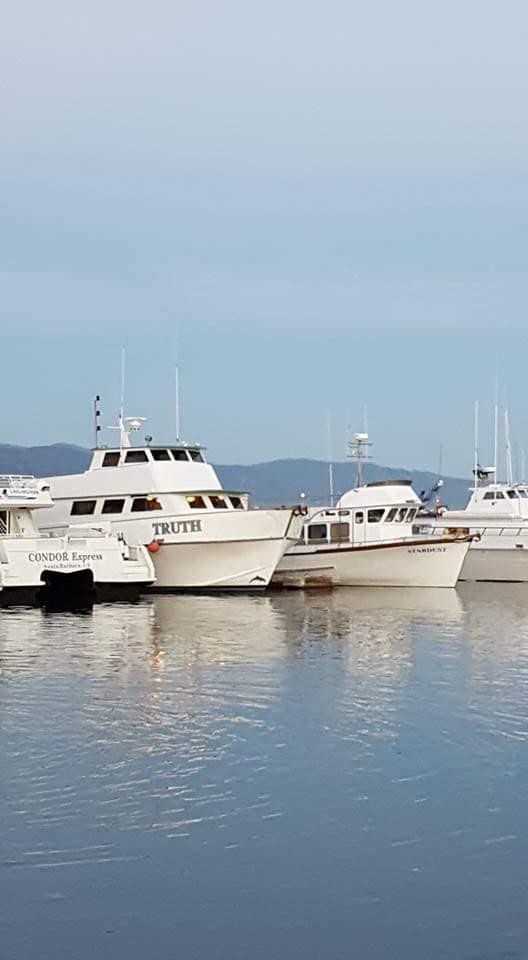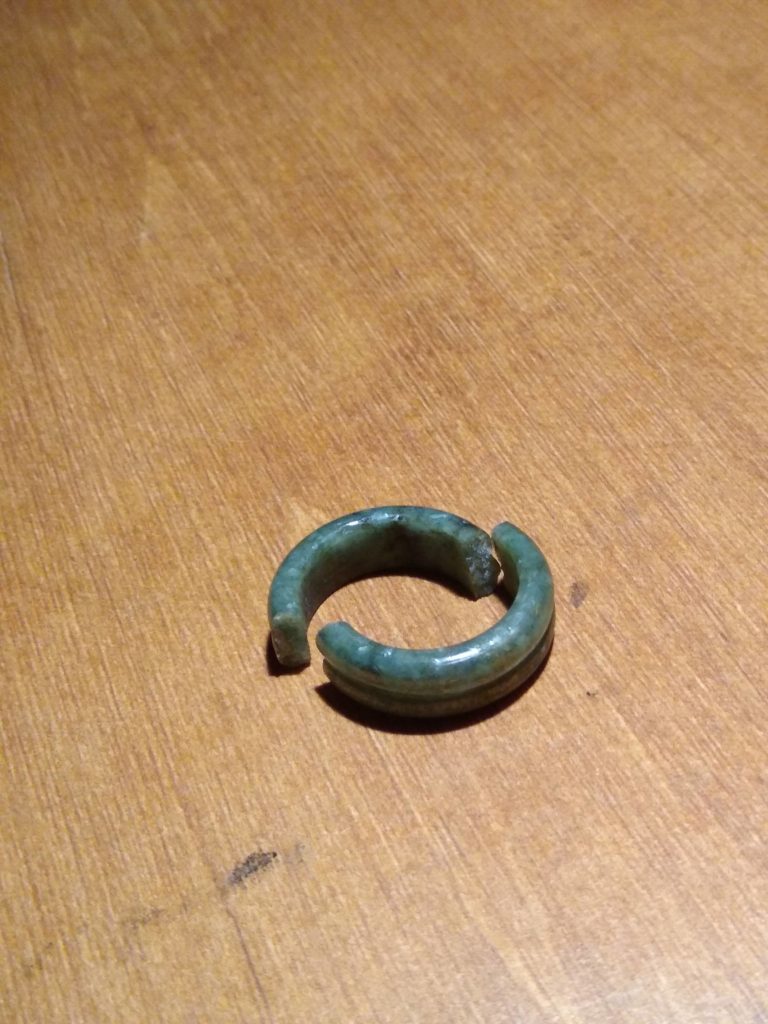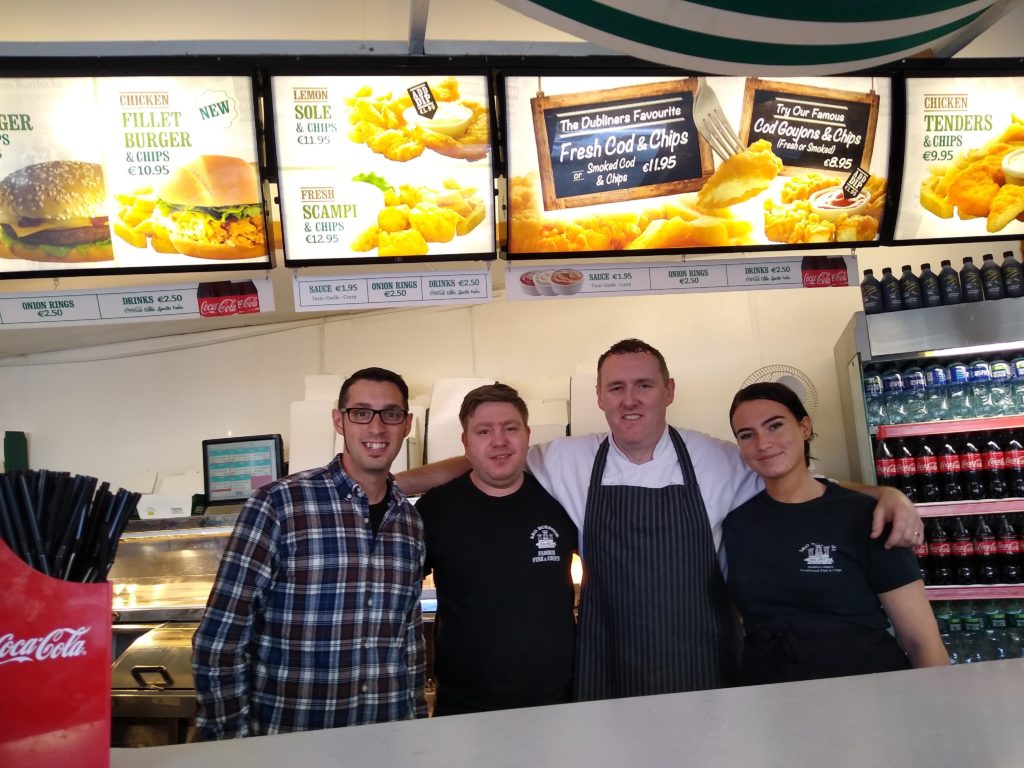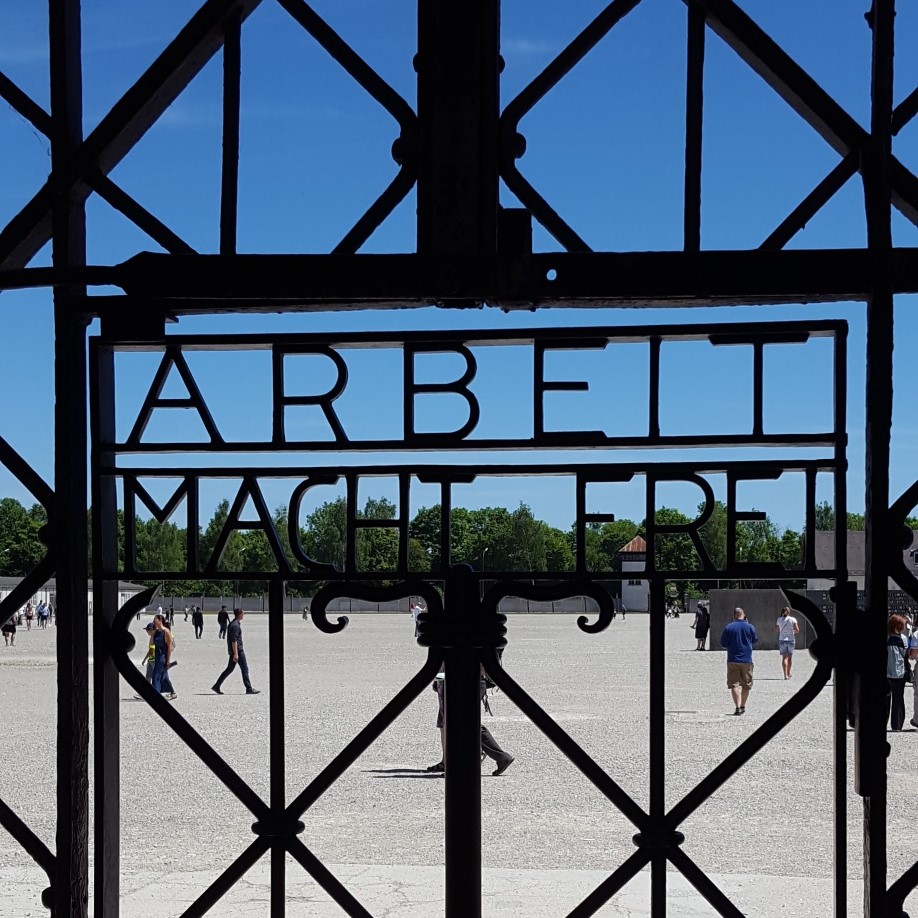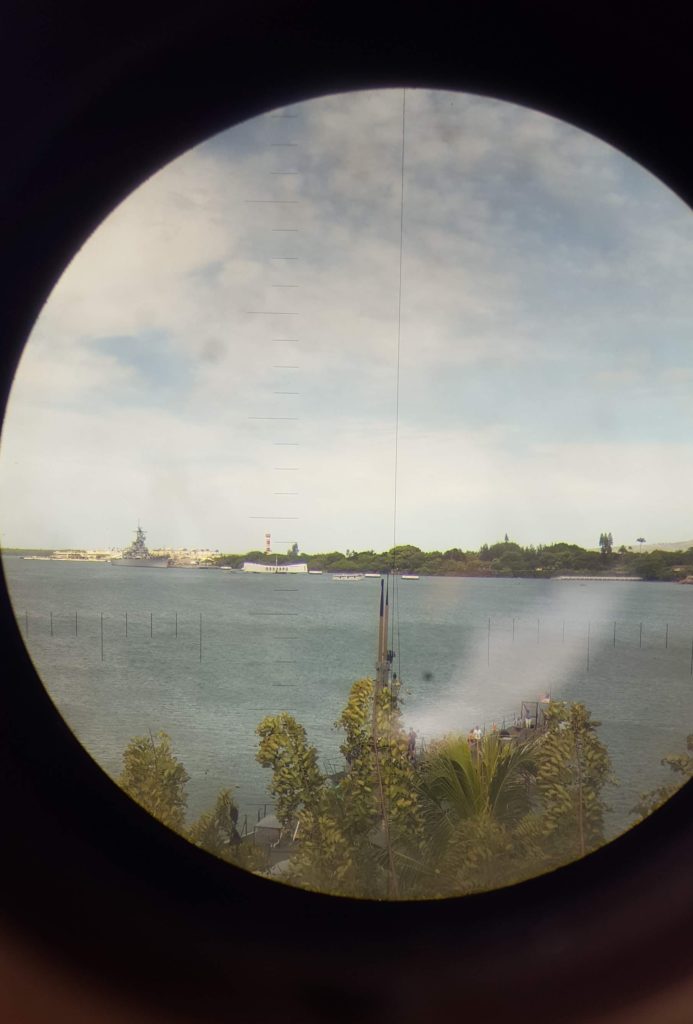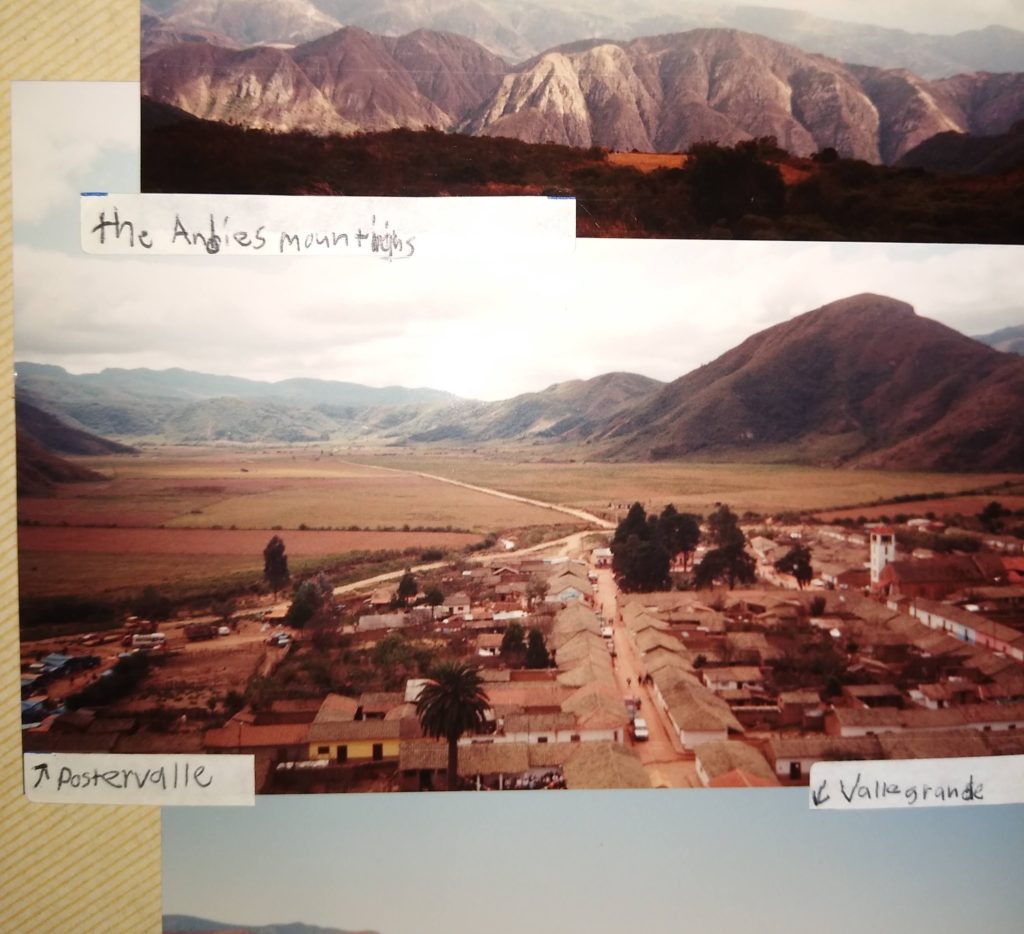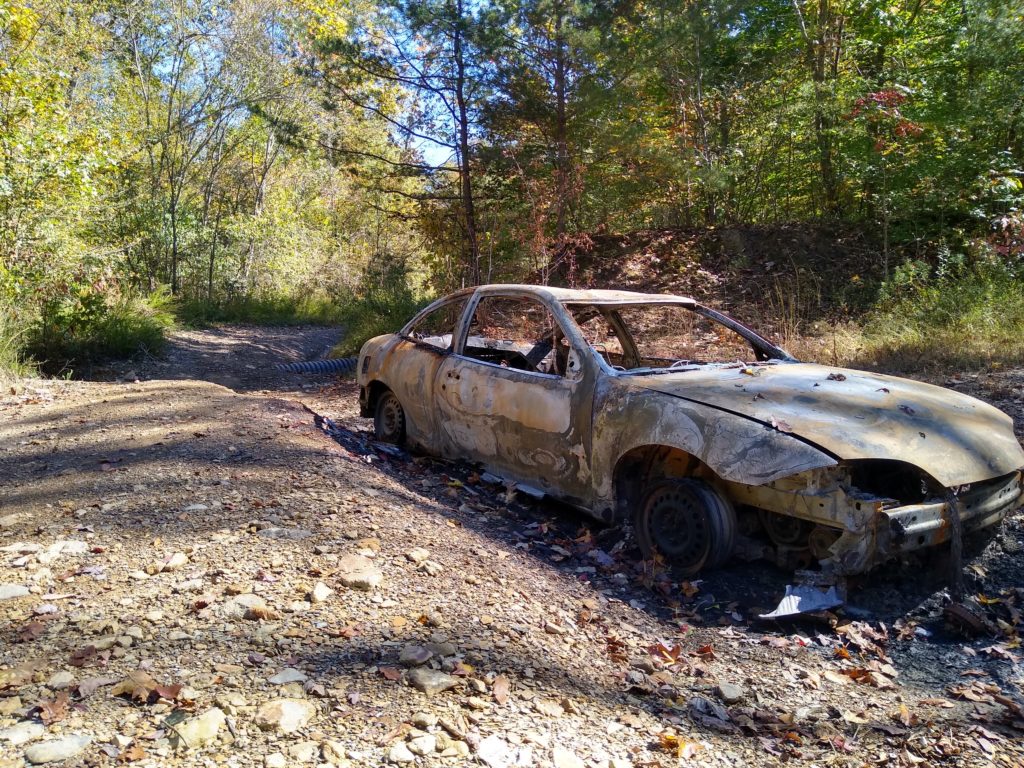
Travel Journal, 84
The first time I went to Anniston Alabama opened my eyes to the South. My hotel sat in a bad part of the town that appeared to be all bad parts. I was there for a conference and wanted to get out and see what Anniston was all about.
I think my first mistake was walking into the nearest Walmart to buy some snacks. My eyes saw things I will never unsee. This place looked like the streets of Fallujah (Of course, I have never been to Iraq, but I do hope it looks better than the Walmart in Anniston.) Appalled by my, by far, worst Walmart experience ever, I left without purchasing anything.
Then as I walked down the street, I ducked into a gas station to try again for snacks. I grabbed a few things and stepped up to the counter. Facing me stood a young man, probably in his early twenties. However, he had already begun to lose his teeth at a rapid rate. His black, stringy hair hung down to his waist. And then, of course, he wore a black tank top emblazoned with the stars and bars of the Confederate flag.
“Ha-y’all doin’?” he drawled.
I dropped my few items onto the counter and asked, rhetorically, “Not a whole lot going on in Anniston, is there?” I winced at my own sarcastic tone.
“Anniston?” he exclaimed.
And without a beat said, “Ain’ nothin’ goin-on here but moonshine, illegitimate chid-ren, and drugs.”
Unfortunately, I walked away from Alabama with an unfair view of the place. But my second trip turned my compass to a truer north.
We walked into a Baptist church in the aforementioned town, a couple of years after my first experience. I spoke with many churchgoers that day. And each expressed the same thing. They all knew where they lived. They knew what it was like to live in Anniston. They knew that their town had problems. But there they stood—faithful to their community.
We finished the service and were informed that there was to be a potluck meal. As we broke bread with these people, the classic southern hospitality burned easily through my original impression of Anniston, Alabama. Each of these people had other people in their lives who struggled with something. And who knows? One of those struggles may indeed be moonshine, illegitimate children, or drugs.
America, more so than others, I think, shines as the land of opportunity. But we’ve for years thought that opportunity to be one of economic gains. Perhaps this Country grants us a better opportunity than simple jobs or money. We have here the opportunity to fail, then rise with fresh perspective and experience.
Towns full of broken families and many other problems dot America. But America is the land of grace for the fallen and second (third or fourth?) chances.
We are America, the broken. But broken bones heal stronger. We are a land of the broken families. But at the end of the day, we are still family—failures and all. We’ve fallen time and again, and always risen.
In this way, America is good.
anthony forrest
Keep up with the rest of the series:
